Fintech is no longer a strange term in the context of strong information technology development and the digital economy is increasingly focused on. The combination of technology and finance has brought people new, more convenient and effective experiences in managing personal finances as well as performing daily financial transactions.
This article by AZCoin will help you better understand what Fintech is as well as the issues related to Financial Technology that you need to pay attention to. Please follow along!
What is Financial Technology (FinTech)?
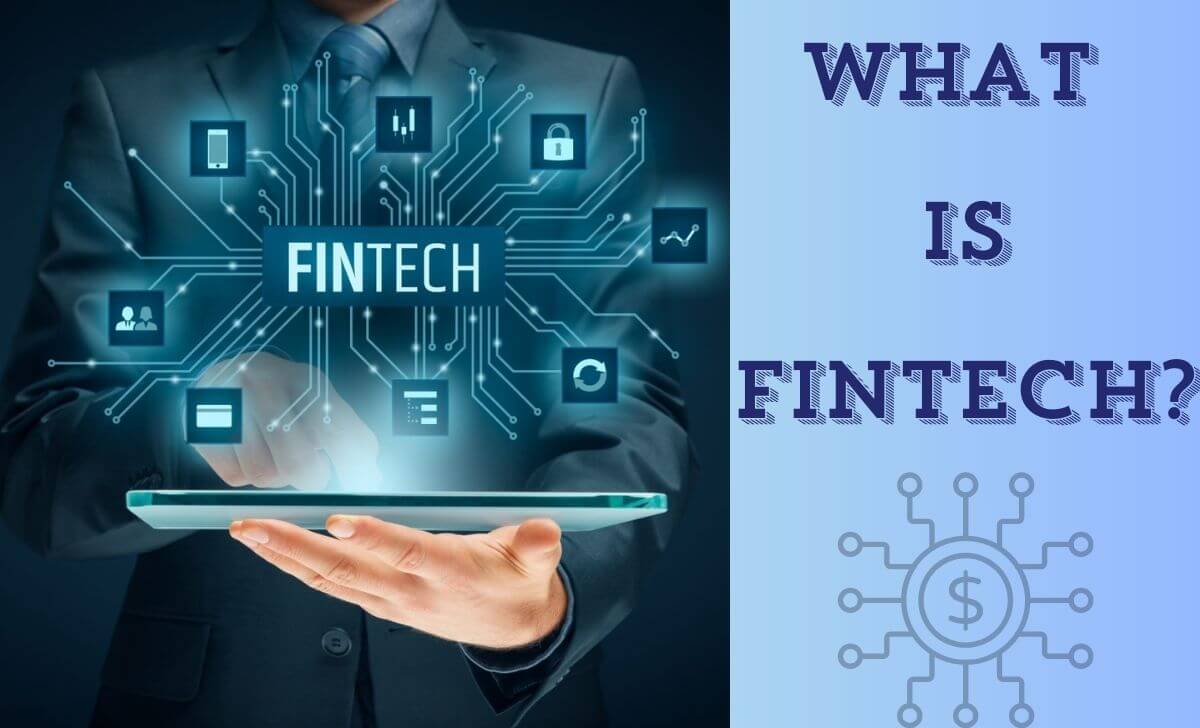
Fintech, short for Financial Technology, is the combination of technology and financial services to create new and more effective solutions for users. Technology is not just a supporting tool but also a game changer in the traditional financial sector, helping to optimize processes, minimize risks and improve customer experience.
Financial Technology Products
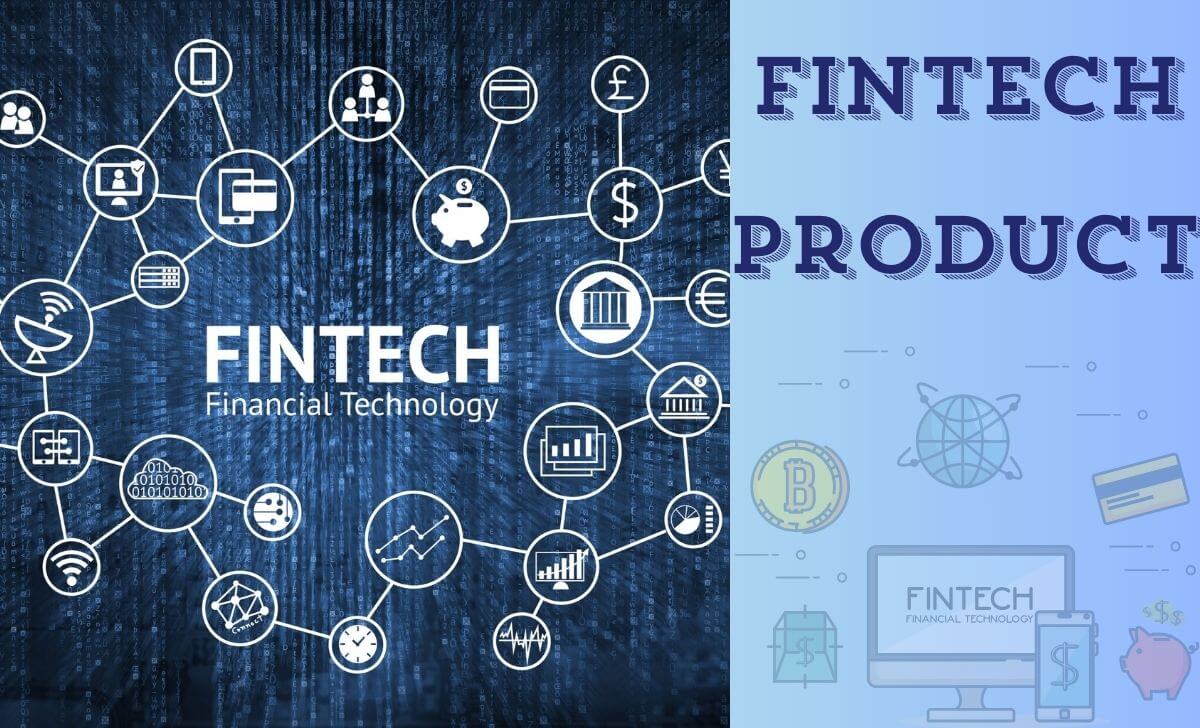
Below are some outstanding products of Financial Technology that you can refer to:
E-wallet
This is one of the most popular products in the Financial Technology ecosystem. With the development of e-commerce and the need for cashless payments, e-wallets have become the top choice for consumers. Users can store bank card information, transfer money and pay bills anytime, anywhere.
E-wallets such as Momo, ZaloPay, Viettel Pay and VNPay have quickly dominated the Vietnamese market and become familiar payment tools for many users. The biggest advantage of e-wallets is their convenience, speed, safety, while also helping to reduce the amount of cash in circulation in society.
P2P Lending
P2P Lending is a form of direct lending between individuals, without going through a bank or traditional financial institution. This form helps borrowers access capital more easily with interest rates that are often much more competitive than banks.
Platforms such as Tima and Fundamo have grown strongly in Vietnam, helping to connect borrowers and lenders quickly and conveniently. This model not only helps borrowers access capital but also brings profits to lenders.
E-banking
E-banking or electronic banking is an online banking service platform that allows users to manage their accounts and make transactions anytime, anywhere. With the development of the Internet, users don’t need to go to the bank to perform transactions such as money transfers, bill payments or balance checks.
Major banks such as Vietcombank, Agribank and BIDV have invested heavily in the E-banking platform to serve the growing needs of consumers. This not only saves time but also improves the user experience.
Cryptocurrency
Cryptocurrency is a digital currency, not controlled by any authority and often uses blockchain technology to ensure transparency, security. Bitcoin, Ethereum and Ripple are the most famous cryptocurrencies today. The strong development of cryptocurrencies has caused a lot of controversy in the financial community.
While many people consider it the future of money, there are also many opinions that they are quite risky and unstable. However, it can’t be denied that cryptocurrencies have opened a new era for the global financial market. Financial giants like BlackRock are also exploring the potential of cryptocurrencies in their investment portfolios.
Budget management and stock investment applications
In addition to the products mentioned above, Fintech also provides applications that help users manage their budgets, track spending and plan their finances. Applications such as Money Manager or Mint have helped millions of users better control their personal finances.
Stock investing apps like StockPro and Etoro have also made it easy for users to access the stock market, analyze and trade conveniently.
Peer-to-peer transfer
Peer-to-peer transfer allows users to transfer money directly to each other without going through a bank. Platforms like Wise and TransferWise have created a fast and cost-effective way for users to transfer money, especially in international transactions.
Benefits and challenges of Fintech for users
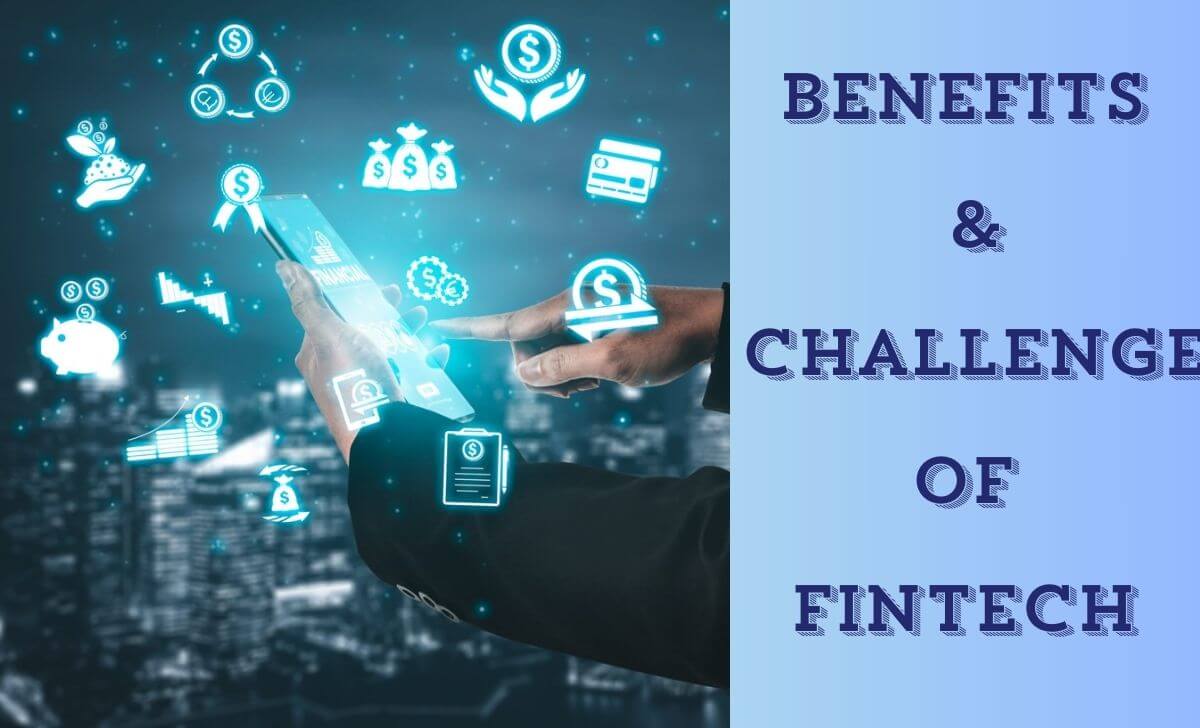
Benefits
Financial Technology has brought many outstanding benefits to users, such as:
- Convenient: Customers can make transactions anytime, anywhere with just a smartphone.
- Low cost: Financial Technology services often have lower transaction fees than traditional banks, helping users save costs.
- Transparency: Transactions are often recorded on blockchain or digital network systems, helping to ensure transparency and easy access to information.
- Accessibility to financial services: Fintech helps people who don’t have access to traditional financial services to still be able to use products and services that suit their needs, including Mutual Funds.
- Effective financial allocation: Fintech helps users manage personal finances scientifically, thereby increasing the ability to save and invest more effectively.
Challenges
Although Financial Technology brings many benefits, there are also some challenges that users need to pay attention to such as:
- Legal regulations: Financial Technology is still in the process of perfecting legal regulations, which can cause risks for both users and Financial Technology organizations.
- Complex interface: Some Fintech applications may have complex interfaces, making it difficult for users who are not familiar with the technology.
- Lack of trust: Many people still doubt the reliability and safety of Fintech services, leading to a lack of readiness to access.
Financial Technology customer base
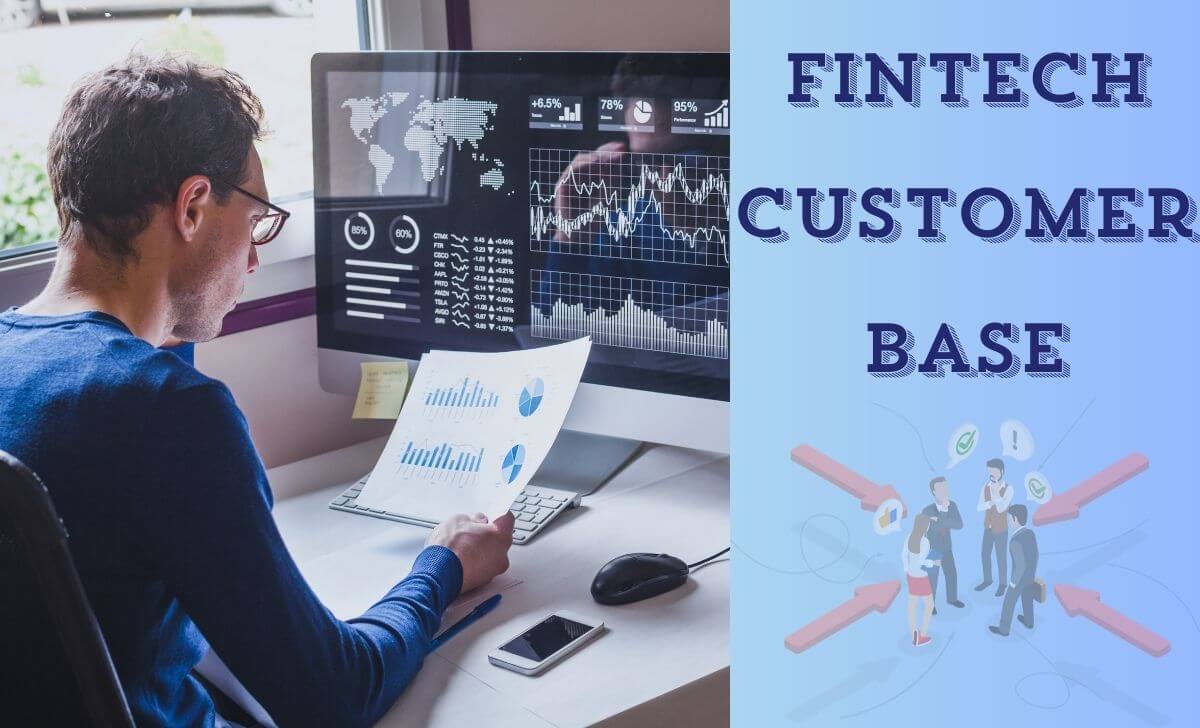
Financial Technologyserves a variety of customer groups, including:
- Individuals: People who use financial services on a daily basis such as electronic payments, personal finance management, online investing and consumer loans. FinTech platforms often introduce new features to enhance user experience.
- Enterprises: These businesses use Financial Technologyto manage their finances, receive payments, manage cash flow and access loans more easily and efficiently.
- Financial institutions: Provide tools and solutions to help banks and financial institutions improve customer service, optimize processes and reduce operating costs.
- Investors: FinTech platforms provide individual and institutional investors with tools to invest, trade stocks, cryptocurrencies and other financial assets conveniently and securely.
- Governments and non-profits: FinTech supports government agencies in managing public finances, collecting taxes and providing online public services. Nonprofits use Financial Technology to receive donations and manage funds.
Is Fintech a scam?
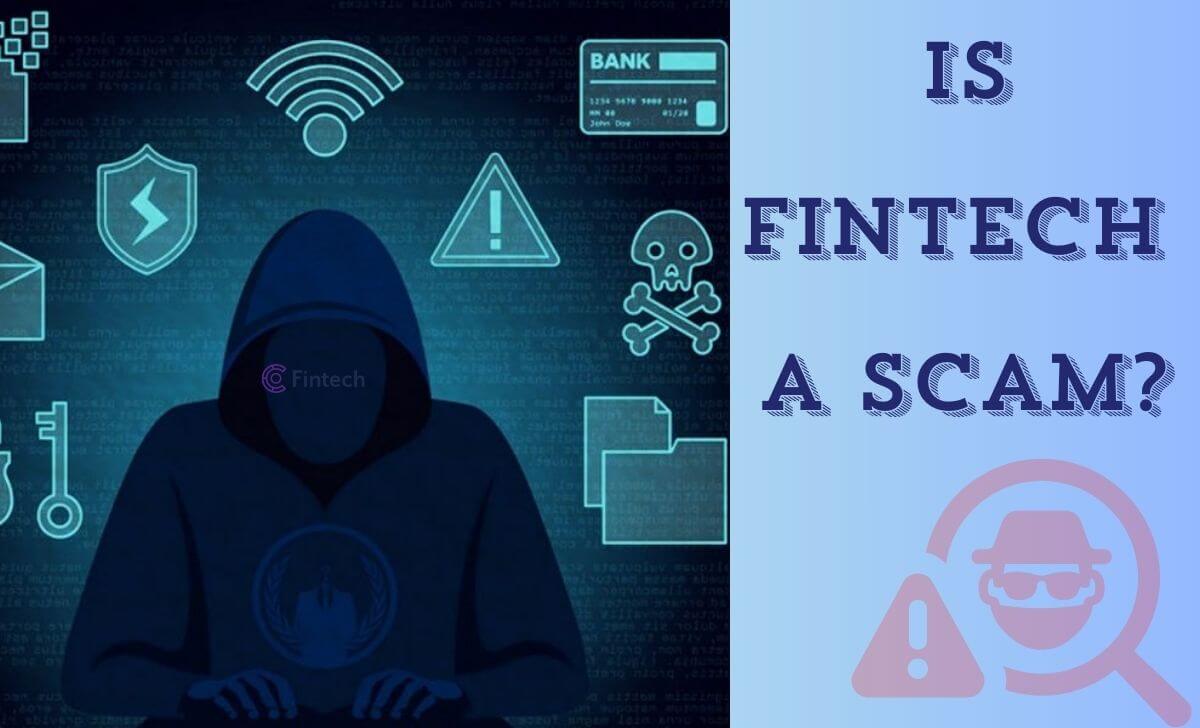
Financial Technology has never shown signs of being a scam industry, but is actually a breakthrough in the financial sector, bringing modern and convenient solutions to users.
However, like any industry, there are still individuals or organizations that take advantage of Financial Technology to commit fraud, including in areas like investment advisory. Therefore, users need to be alert, choose services from reputable companies and always apply security measures to protect their information and assets.
Conclusion
Hopefully, this article has helped you grasp the concept of Financial Technology (FinTech) and understand that, although it isn’t a scam, users still need to be careful to avoid potential risks. To learn more about FinTech and new trends, check out AZcoin – a website that provides information about best cryptocurrency exchanges 2024.

I’m Jessi Lee, currently living in Singapore. I am currently working as a trader for AZCoin company, with 5 years of experience in the cryptocurrency market, I hope to bring you useful information and knowledge about virtual currency investment.
Email: [email protected]











